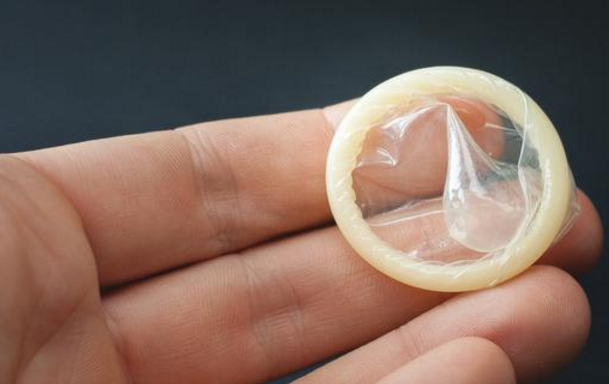The world’s oldest condom was born in 1640 in Sweden, and now this item is displayed in a museum in Austria. This condom is made from pig intestines, soaked and washed in hot milk to ensure its hygiene. So, is the “condom” really safe? Many people are unaware of these “side effects”!
When many people think of sexually transmitted diseases, they think of AIDS and then they think of condoms. AIDS is a viral infection called HIV, transmitted through sex, blood, and mother-to-child. Due to widespread publicity, sexually transmitted diseases can be largely prevented by using condoms. Indeed, if condoms are used, the incidence of AIDS will be significantly reduced. But syphilis is not.
Improper long-term use affects reproductive health: Men should pay attention to the size of condoms when buying them. Prolonged use of condoms that are too narrow or too wide can cause genital injury, affecting reproductive health and sexual function.
Condoms with fragrances contain trace amounts of fragrances, and local partners may experience allergic reactions. Typically, things return to normal after stopping use. Therefore, it is best to use them sparingly and not excessively. It is important to mention the recent popularity of fluorescent safe condoms. These condoms contain phosphorus, a chemical that can potentially cause allergies and lead to inflammation.
No matter how good the quality of a condom is, it cannot be compared to human skin mucosa. During intercourse, the condom will constantly impact and rub against the cervix, causing inevitable damage to the cervix. Mucous membranes in humans need time to repair themselves. With frequent condom use, cervix damage is difficult to repair. It gets injured every few days, combined with changes in the acidic environment inside, leading to bacterial growth and eventually causing cervical erosion.
Women’s private parts are normally acidic, which helps with self-cleaning. However, to improve the user experience, condoms come with some lubricants which are alkaline. These lubricants can disrupt the acidity of the female lower body and may leave residue inside, difficult to clean. Over time, this may reduce the self-defense of the female lower body, making it vulnerable to bacterial infection.


